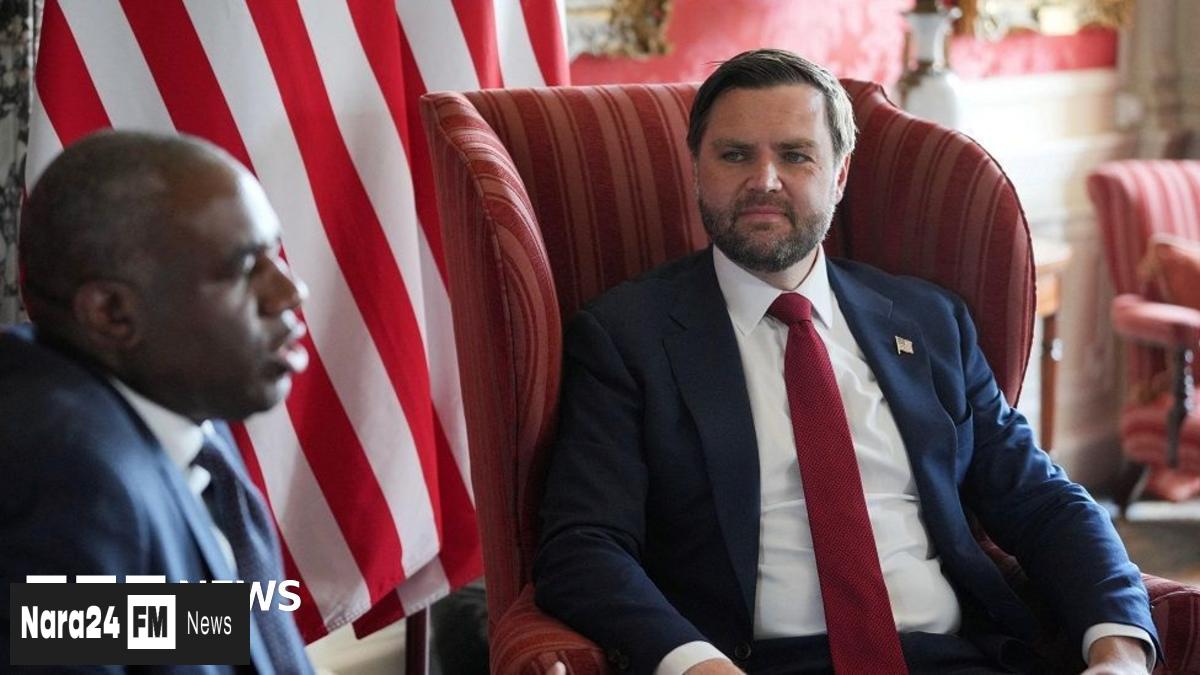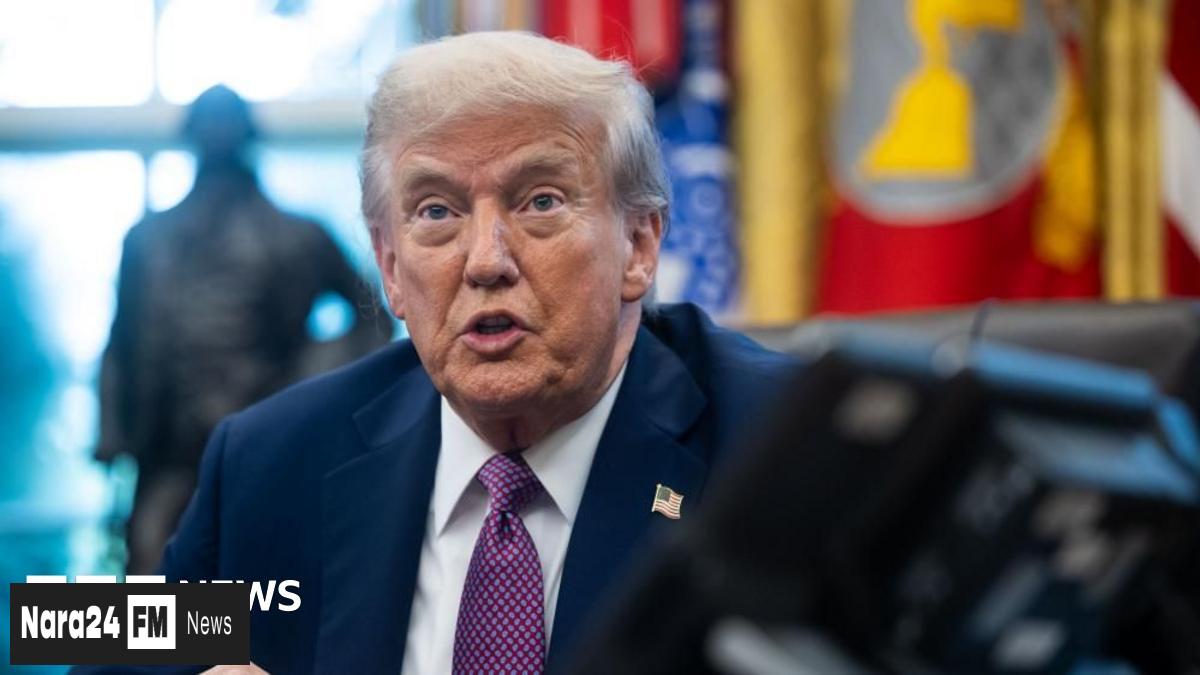In This Article
- US-UK Diplomatic Rift Over Palestinian Statehood Recognition
- Diverging Approaches to Resolving the Gaza Conflict
- Ceasefire Calls and Contentious Policies
- Broader Tensions and Global Implications
- Constructive Dialogue Despite Friction
Key Takeaways
- The US and UK are at odds over Palestinian statehood recognition, with the UK planning to recognize Palestine in September if Israel fails to meet conditions, a move opposed by the Biden administration.
- US Vice President JD Vance criticized the UK's proposal as premature, citing the lack of a functional Palestinian government and the need to address Hamas and Gaza's humanitarian crisis.
- Both leaders, despite policy disagreements, emphasized shared objectives, including supporting Ukraine and maintaining a 'special relationship' between the US and UK.
- Vance expressed broader concerns about European governance, particularly regarding free speech and migration, while Lammy highlighted the importance of Ukraine's involvement in any peace talks with Russia.
- The meeting occurred during Vance's UK vacation, with a lighthearted fishing outing preceding discussions on Middle East policy and global challenges.
US Vice President JD Vance has openly questioned the United Kingdom's strategy to recognize Palestinian statehood during high-level discussions with Foreign Secretary David Lammy at Chevening House in Kent. The talks come amid diverging approaches to resolving the Gaza conflict, with Britain pledging formal recognition of Palestine in September if Israel fails to meet unspecified conditions—a move the Biden administration opposes.
"The United Kingdom will make its own decisions, but we have no plans to recognize a Palestinian state," Vance stated during a joint appearance with Lammy. He criticized the proposal as premature, citing the absence of "a functional Palestinian government" and emphasizing the need to dismantle Hamas to prevent future attacks on Israel while addressing Gaza's humanitarian crisis.
Ceasefire Calls and Contentious Policies
Lammy reiterated concerns over Israel's expanding military operations in Gaza, stressing the urgent need for a ceasefire and the release of hostages. "We are deeply troubled by the humanitarian catastrophe unfolding in Gaza," he said. Despite policy disagreements, both leaders highlighted shared objectives, with Vance praising the "special relationship" between the nations and their potential to foster global stability.
The meeting followed a lighthearted fishing outing at Chevening’s lake, where Vance joked about Lammy’s lack of success: "The one strain on our special relationship? My kids caught fish—David didn’t." The vice president is vacationing in the UK with his family, including stops in the Cotswolds and Scotland.
Broader Tensions and Global Implications
Beyond Middle East policy, Vance’s criticism of European governance resurfaced, particularly regarding free speech and migration. While acknowledging shared challenges, he warned against replicating what he called the Biden administration’s "dark path" on civil liberties. Lammy did not directly address these remarks but emphasized alignment on supporting Ukraine, rejecting any peace talks with Russia without Kyiv’s involvement.
The discussions also touched on former President Donald Trump’s recent engagement with European leaders, including a planned September state visit to the UK. Lammy expressed concerns that potential Trump-Putin negotiations could compromise Ukraine’s sovereignty, urging any dialogue to prioritize a Russian withdrawal and European security guarantees.
Despite friction, both leaders framed their dialogue as constructive. "We have disagreements, but our goals overlap significantly," Vance noted, underscoring ongoing coordination on global challenges.








Comments (0)
Leave a Comment
Be the first to comment on this article!